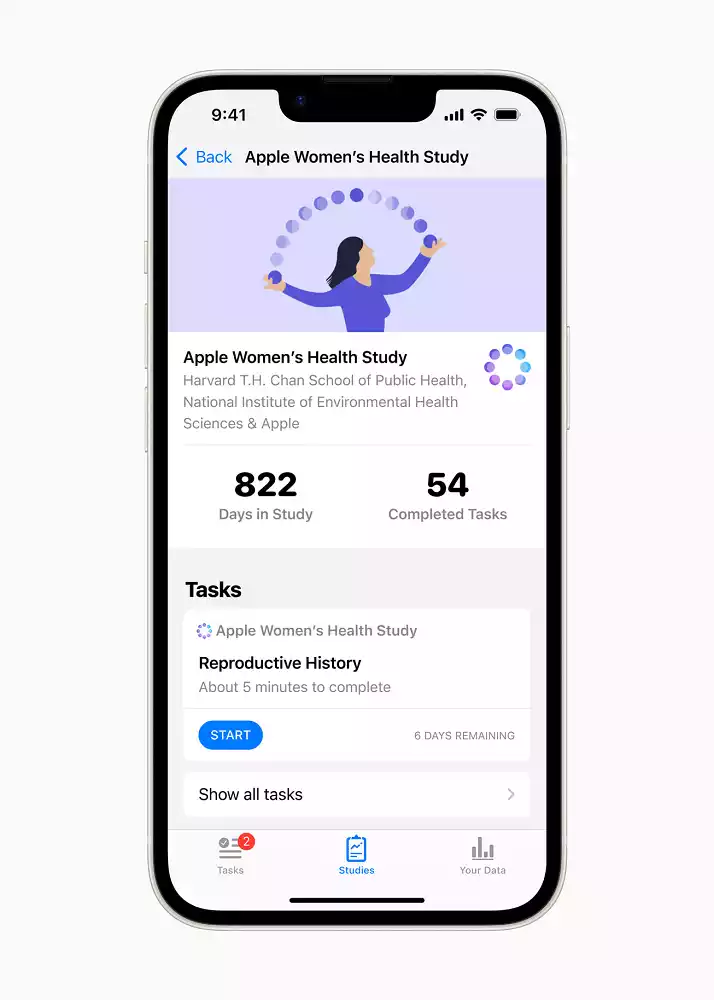
Apple’s groundbreaking research into menstrual cycles has released new preliminary findings highlighting the significance of tracking cycle regularity for overall health indicators
As Women’s History Month kicks off, the Apple Women’s Health Study has released new preliminary findings highlighting the importance of tracking menstrual cycles, and their connection to one’s overall health. The study was conducted in partnership with Harvard’s T.H. Chan School of Public Health and the National Institute of Environmental Health Sciences, and aims to advance society’s understanding of how menstrual cycles connect to various health conditions, such as polycystic ovary syndrome (PCOS), infertility, and menopausal transition.

Researchers at Harvard’s Chan School used survey data from the Apple Women’s Health Study to advance scientific understanding of the relationship between conditions like abnormal periods, PCOS, endometrial hyperplasia, and cancer. Participants with PCOS had more than four times the risk of endometrial hyperplasia, and more than 2.5 times the risk of uterine cancer. Participants who reported their cycles taking five or more years to reach regularity after their first period had more than 3.5 times the risk of uterine cancer compared to those who reported that their cycles took less than one year to become regular. Although period regularity has not received the same attention as many other health metrics, the study’s findings underscore the importance of menstruators talking to their healthcare provider about persistent cycle irregularities.
The study also shared updates to other research conducted, such as common period symptoms. Abdominal cramps, bloating, and tiredness were experienced by more than 60 percent of participants who logged symptoms. It also revealed that participants experienced slightly longer menstrual cycles during cycles in which they received a COVID-19 vaccine, but the cycles returned to normal soon after.
Anyone in the U.S. who has ever menstruated can participate in the Apple Women’s Health Study by enrolling through the Apple Research app. Participants can share their cycle tracking data, as well as health data from their iPhone and Apple Watch. The Research app helps the study reach individuals with diverse personal and family histories across the United States. Participants also control the data types shared with the study, and the study provides transparency into how the data is used in the research.
Cycle Tracking is available in the Health app on iPhone or the Cycle Tracking app on Apple Watch, allowing users to track their menstrual cycle with details like symptoms or ovulation test results. Cycle Tracking uses information users have logged for previous periods and cycle length, plus heart rate data from Apple Watch, to offer period and fertile window predictions. With iOS 16 and watchOS 9, Cycle Tracking can inform users if their logged cycle history from the previous six months shows a pattern of irregular periods, infrequent periods, prolonged periods, or persistent spotting.
Menstruation deserves more scientific research, and the Apple Women’s Health Study is a crucial first step in helping people understand how to connect their menstruation to risk factors for diseases. The study encourages people to have conversations early on with their healthcare providers about cycle irregularity, and has the potential to save lives and improve health.
